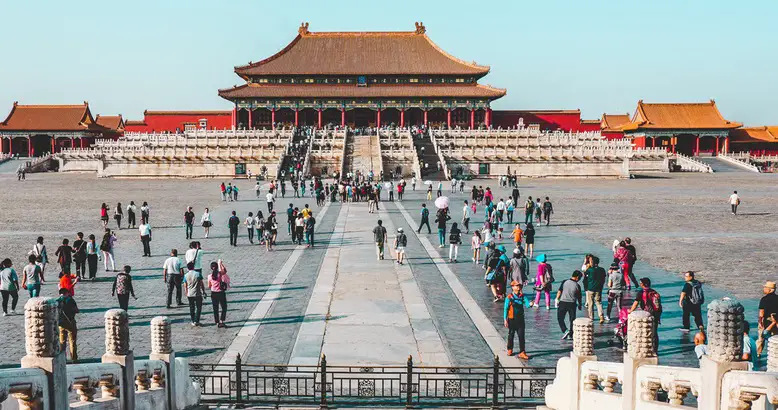Monday saw China post yet another record high in newly reported Covid-19 cases, following a weekend of violent protests across the nation in response to the government’s aggressive actions to limit the spread of the virus. Analysts noted, the political atmosphere was unprecedented since President Xi first took office a decade ago.
Oil and equities fell sharply on Monday as the protests added an element of chaos to what was already a concerning rise in Covid cases which was sure to provoke ever more stringent restrictions by the government in response.
As the second largest economy in the world, China’s repeated closures in response to the most minor Covid-19 outbreaks due to the government’s stringent “zero-Covid” policies have hit global economic markets hard. Reduced demand for energy as the nation closes down drives down oil, while the threat of supply-chain disruptions from closed Chinese manufacturers triggers fears of rising inflation globally, and further central bank actions to reduce economic growth to curtail the inflation. That applies downward pressures on equity markets.
The protests were sparked by a deadly apartment fire in the far western city of Urumqi which killed ten people. Protestors, already upset by 100 days of lockdowns, spread rumors that the Covid restrictions had impeded fire-recue personnel, as well as the residents’ escape from the fire.
Friday evening crowds began protesting in the streets, chanting, “End the lockdowns!”
Beijing saw similar, if less eventful protests, as crowds gathered past midnight on the capital’s 3rd Ring Road, and protested peacefully. On Monday, one group was heard to chant, “we don’t want COVID tests, we want freedom,” while holding up blank sheets of white paper, which have come to be seen recently as signs of protest in China.
Passing cars marked their approval by honking their horns and giving thumbs ups to the crowd, which would cheer in return.
Dozens of uniformed police and plain clothes security personnel moved with the crowd, maintaining order, as police cars were stationed nearby. The head of Beijing’s police force attended the protest, speaking with several of the protestors, and using a loudspeaker to implore them to return home. He was heard saying, “You young people. You need to go home now. You’re affecting traffic here by standing on the road.”
As the nation has grown weary of repeated lockdowns, and the economy has felt the effects of repeated cessations of economic activity, the government has sought to make their zero-Covid measures more targeted and less onerous on the population. Some had speculated the nation was moving toward a full reopening, and a discarding of the zero-Covid policy, however the recent resurgence of the virus, with new daily records in the number of cases being posted, has quelled investor optimism.
Analysts now predict China is unlikely to begin a real reopening of its economy until March or April of next year. And many feel it will only make that timeline if it intervenes now with an aggressive vaccination program.
On Monday, China hit a fifth consecutive daily record of new local cases, reporting 40,052 new local cases, up from the 39,506 measured a day prior. On Sunday it was noted there were hundreds of new infections recorded spread out among numerous cities, while mega-cities Guangzhou and Chongqing, with thousands of cases each, are under threat of losing control over the virus entirely.

